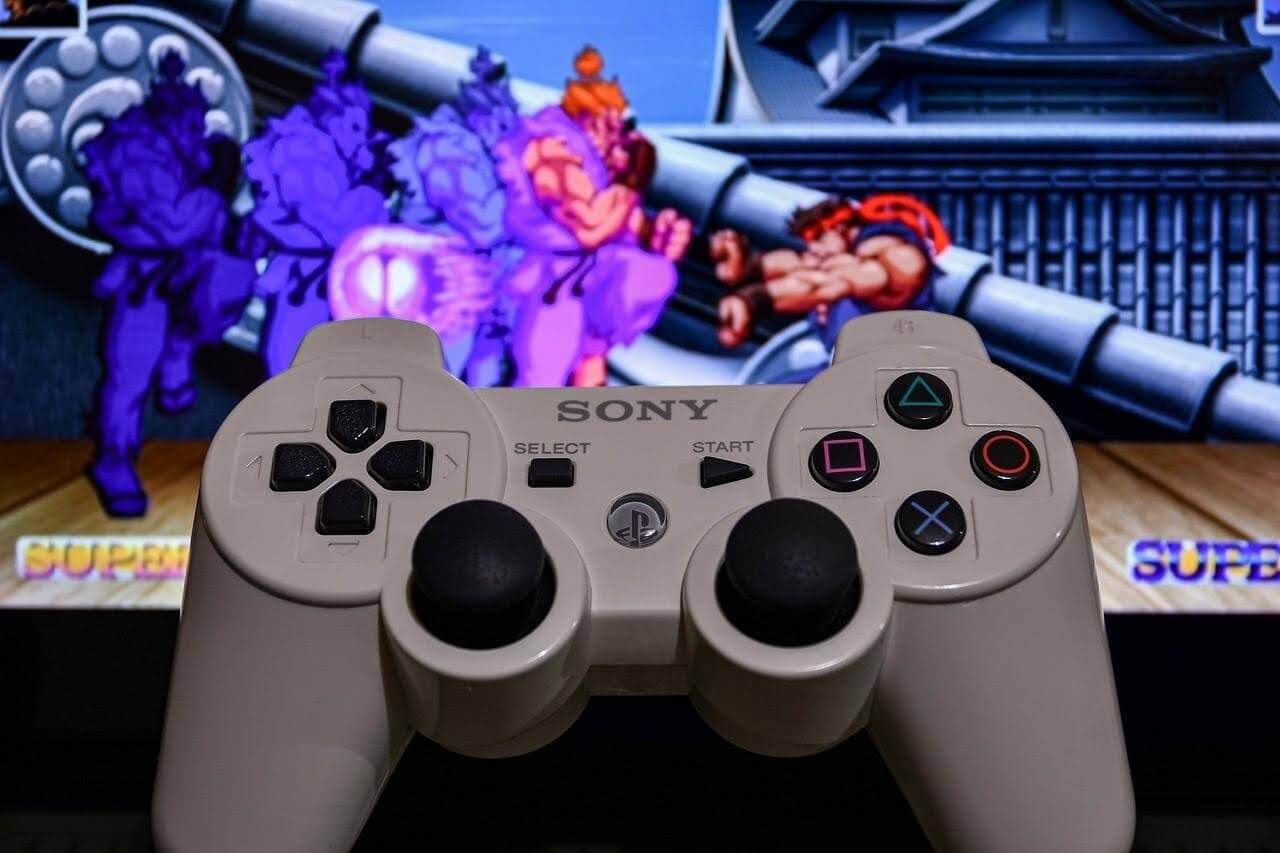When most people think about what is meant by esports, the usual names crop up. Dota 2, League of Legends, Counter-Strike: Global Offensive, and even FIFA are regularly considered to be in the mainstream of the esports world. If you were to ask an outsider to name some titles, they are the ones that would be mentioned.
But is it time for the global fighting community (FGC) to demand more recognition for their titles in the world of esports? It is not as if there isn’t a competitive edge to fighting games – or that there are no established events highlighting the best of the best. But when it comes to the best betting sites, fighting games are conspicuous by their absence.
So what do these games need to do to get that recognition? Does the presence of big money investors distinguish what is considered to be a mainstream esport? It is fair to argue whether fighting games need this kind of recognition in the first place. Games like Tekken and Street Fighter are some of the most popular on the planet. Do they really need to be included on betting sites and in mainstream media to receive validation?
Fighting Games are Esports
Before we get into the arguments surrounding the status of fighting games, we should make it very clear that fighting games are esports. Esports are classified as being a multiplayer title that is played competitively, typically by professional gamers. It is fair to say that fighting games tick all of those boxes.
But we do have to make a distinction about competitive games in general – esports, for want of a better word – and the types of titles that are highlighted when mainstream media talk about esports. There may even be an element of snobbishness being shown here.
Competition
It could be said that the FGC was the original esport community. Fighting games – and the competitions and events surrounding the scene – were the originators of the huge tournaments we see today for esports such as League of Legends, FIFA and the rest.
The kinds of competitions that the FGC enjoyed for Street Fighter can now be seen as the inspiration for the big events of today. Prize pools and investment are not as high for the FGC though. So we see fighting games as taking their place in a lower tier of the esports world.
Community
Another parameter of what makes an esport an esport is the level of the community surrounding a title. Anyone reading this site, or just playing fighting games, would be able to answer that one. We even refer to ourselves as being part of the FGC (with the ‘c’ standing for community)!
Part of growing a community means the staging of events though. Is the FGC committed enough to travel to big events and watch professional fighting gamers? The answer has been proven to be “yes”, so it is something of a mystery why the big-money investors have not gotten more involved.
Big Money Investment
This is possibly the biggest question of all when it comes to the FGC’s slow entry into the mainstream esports world. It is not because Dota 2 or League of Legends is better than Tekken or Street Fighter that those first two are thought of as esports and the second two are not.
Since the esports revolution during the pandemic lockdowns, when mainstream society first started to take notice of esports in a meaningful way because of the lack of “traditional” sports, only certain types of games have flourished in this way. FIFA can be seen as a different style of game that largely succeeds here because of its obvious close correlation to a traditional sport. It has been able to attract those fans as well.
New Titles
Does the FGC need to accept that there will have to be new titles for their games to be accepted in mainstream esports society? Again, the success of fighting games that have endured much longer than some of the big esports of today, suggests that there is no need to reinvent the wheel.
There will be new games, of course. But it is more likely that the developers will work on the promotion of those titles within an esports environment, rather than adapting the basic structure that has worked so well for the FGC for so long. Once again, it seems as though it is money that does the talking here.
Figure 2 There is already a thriving community surrounding fighting game titles
Challenges for the FGC
The finance issue is the one that obviously stands out then. The inherent openness of the FGC is actually something that may be hindering even the biggest games from becoming big esports. Sponsors could be put off by the fact that the best players in the world are not guaranteed a place at top events.
Although this openness is something that the FGC holds dear, it may mean that some of the heavily bankrolled events will have to be more of a hybrid affair when it comes to players – part invited, part qualification. Once potential sponsors realize the potential for fighting esports games, there could be a huge shift towards FGC games.
Moving in the Right Direction
The very fact that fighting games have lasted so long is a testament to the fact that these titles are popular. Esports is just the latest version of competitive events - it is just that they are now getting mainstream recognition and attention from outside the traditional gaming world.
It will take game developers and esports hosting companies to push fighting games into the limelight. The support is obviously there from the FGC, so it could be a question of whether the FGC actually wants to be part of the esports mainstream in the first place.




















